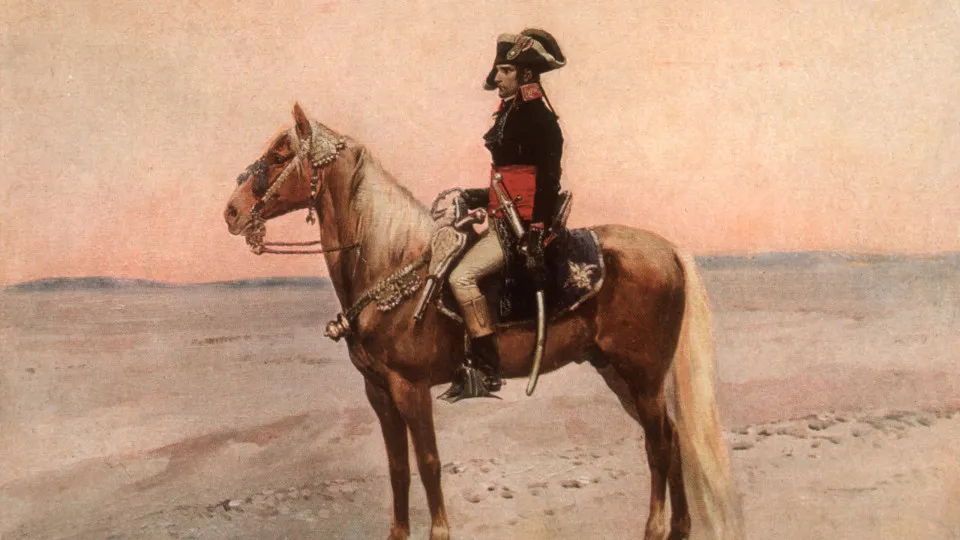According to a study published on October 24 in the journal Current Biology, researchers have found previously undetected bacteria in the DNA of Napoleon’s army, offering new insight into what may have led to its demise during the invasion of Russia in 1812.
Before this discovery, it was believed that a typhus epidemic was one of the main factors that devastated Napoleon’s forces. However, the study shows that newly identified pathogens, such as Salmonella enterica and Borrelia recurrentis, may have caused paratyphoid fever and relapsing fever.
Indeed, these findings provide fresh insight into the collapse of one of history’s most powerful armies, led by one of the most influential rulers in history—Napoleon Bonaparte. But what else do we know about him and the lasting impact of his legacy today?
Napoleon was the first emperor of France and one of the world's most significant military leaders. He conquered much of Europe in the early 19th century, enjoying many campaign successes, but also suffering several spectacular defeats. Among his accomplishments was the introduction of the Napoleonic Code, which continues to form the foundation of French civil law to this day. Napoleon was also ruthless in his ambition and responsible for atrocities committed by French troops on the battlefield and across an overseas colonial empire extending from the Americas to Africa.
Click through for an examination of his life and legacy.



